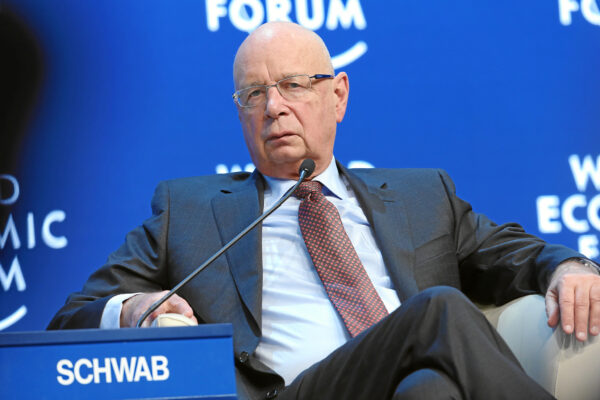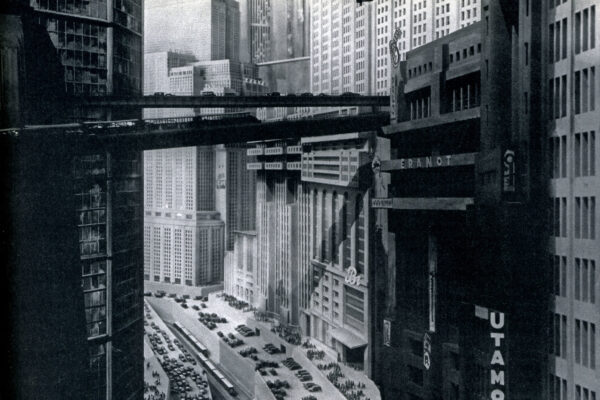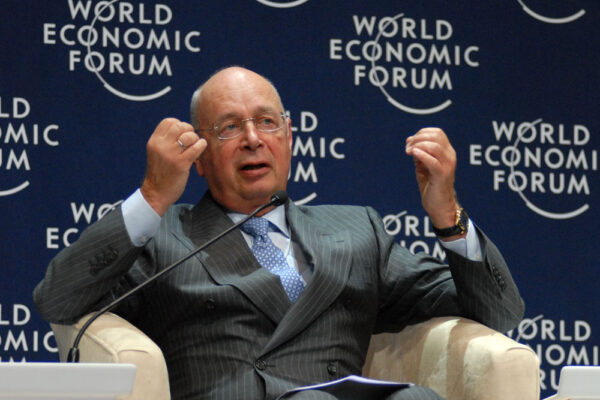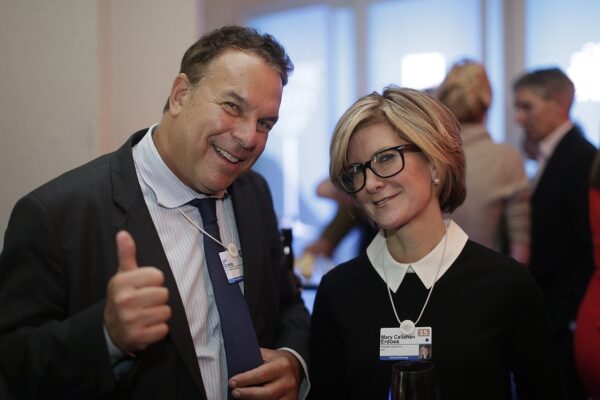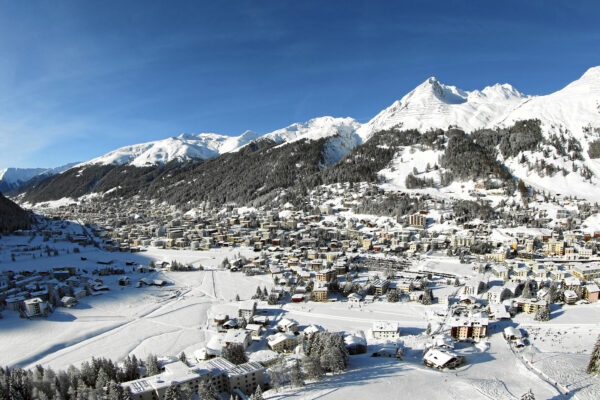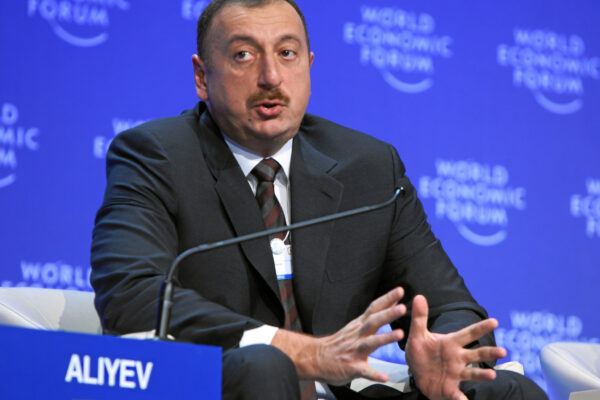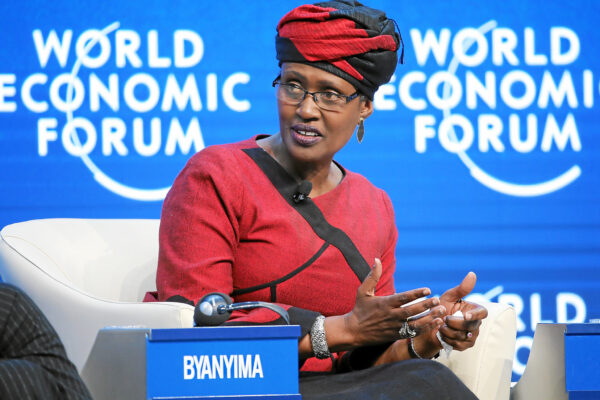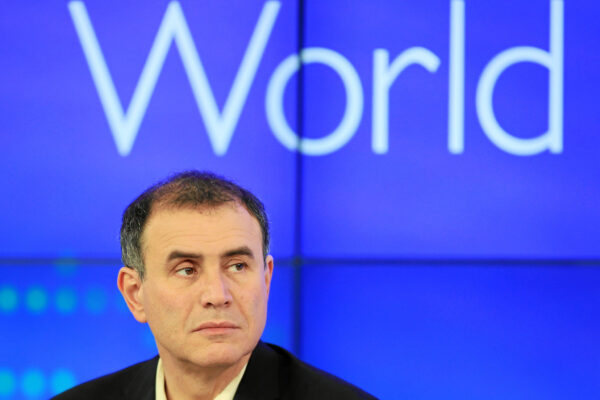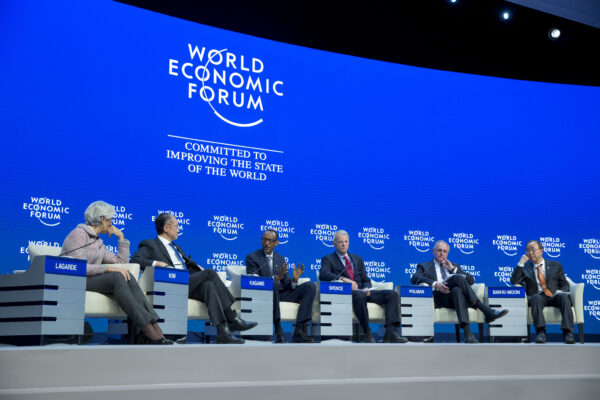Expanding the Legacy
Tag: WEF
Toxic Work Environment Uncovered at WEF
Klaus Schwab, the octogenarian founder and chairperson of the World Economic Forum, has been a naughty boy. Mr Schwab repeatedly and persistently harassed female staffers with suggestive and vulgar comments and, on at least one occasion, propped his leg on a desk to place his crotch in front of a staffer’s face whilst lamenting the fact that she wasn’t from Hawaii, explaining that he would have enjoyed watching her in ‘Hawaiian costume’.
K Schwab Steps Back, Raising Hopes of WEF Demise
WEF executive chairperson Klaus Schwab (86) is taking a step back from the organisation of the talkshop that brings thousands of ‘thought leaders’ to the Swiss mountain resort Davos each year. Conceived as a low key event to allow movers and shakers to swap ideas and experiences away from probing microphones and cameras, the annual event has of late become a stage for grandstanding from where the holier-than-thou dispense lessons in ethics to the unwashed hoi polloi.
WEF 2022: The World Is No Longer Flat
This week, a colourful cabal of cognoscenti gathered in Davos to offer diverse takes on the world’s most pressing issues. With climate change, war, pestilence, and a host of lesser plagues assailing the global village, there is no dearth of troubles nor a shortage of talking heads to address them. During a luncheon of the World Economic Forum’s International Business Council on Wednesday, Citigroup CEO Jane Fraser helpfully quipped that we all need to be mindful of the three Rs: Russia, Recession, and Rates.
The Sense and Nonsense of the Coming AI Revolution
Alas, literature it is not. Shaping the Future of the Fourth Industrial Revolution is, at times, an awkward read held together by the vacuous phraseology much in vogue with upper-management types. After all, what is ‘linear thinking’ and why should it be avoided? Conversely, why must leaders learn how to navigate ‘exponentially disruptive change’, and will they know how to identify such a dreadful phenomenon? However, and thankfully, this is a rather slim volume running just 288 pages. It is also a rather important tome and packs quite a punch, albeit probably not in the way intended. In a nutshell, the message is: society better be prepared to deal with smart machines, powered by artificial intelligence and other marvels of technology.
Less Is More and Other Wisdom from Davos
Less is more, and you better get used to it. That is the message US real estate tycoon Jeff Greene brought to the World Economic Forum (WEF) in Davos, Switzerland. One of the hundred or so billionaires to attend the annual powwow of the world’s decision makers, Mr Greene warned that Americans’ lifestyle expectation are too high: “These need to be adjusted so we have less and smaller things. We need to reinvent our whole system of life.”
Sharing and Caring in Davos
Over 2,600 of the world’s most notable people have ascended to Europe’s highest mountain town for a series of meetings that aim to address ‘key issues of global importance’. Nestled at 1,560 metres above sea level in a picture-perfect Alpine valley, Davos becomes the capital of the world for a few days each year as the town’s 11,000 or so inhabitants welcome heads of state and government, captains of industry, billionaires, and scores of other allegedly prominent people who arrive to deliver their take on global affairs.
Azerbaijan Making a Splash at WEF
One of the world’s fastest growing economies for ten years in a row, Azerbaijan is set to showcase its accomplishments and promising future outlook at the annual meeting of World Economic Forum starting tomorrow in Davos, Switzerland.
Davos: Income and Wealth Inequality to Top Agenda
On the eve of its annual flagship meeting in the Swiss Alpine village Davos, the World Economic Forum (WEF) has released a fourteen-point discussion paper on inclusive growth and the need to shrink the widening income gap. The forum calls on the world’s policymakers to refrain from ‘vaguely aspirational’ talk and tackle growing inequality in more ‘concrete’ ways.
Davos: Getting It Right Some of the Time
Davos - Pundits and assorted others in-the-know flock to the Swiss mountain village Davos in their hundreds on an annual pilgrimage that aims to explain the state of the world – invariable described as worrisome – and offers ways to improve matters – without fail rather impractical.
US at Davos as the New Emerging Market
The annual meeting of top businessmen, leading public officials, and a host of other VIPs in Davos usually sees emerging markets claim centre stage and draw attention to the marvels of their booming economies. Save for China, at this year’s Davos happening the world’s erstwhile movers and shakers are expected to tone down some.
Just Released

Africa AI Brazil Business Chile China Climate Corona Davos Debt Development Diplomacy Donald Trump Economy Elections Energy EU Europe Federal Reserve Finance France Germany HiFi History IMF Kamala Harris Military Monetary policy NATO Philosophy Politics Putin Russia Schwab Society South Africa Technology Trade Trump UK Ukraine UN US War WEF

